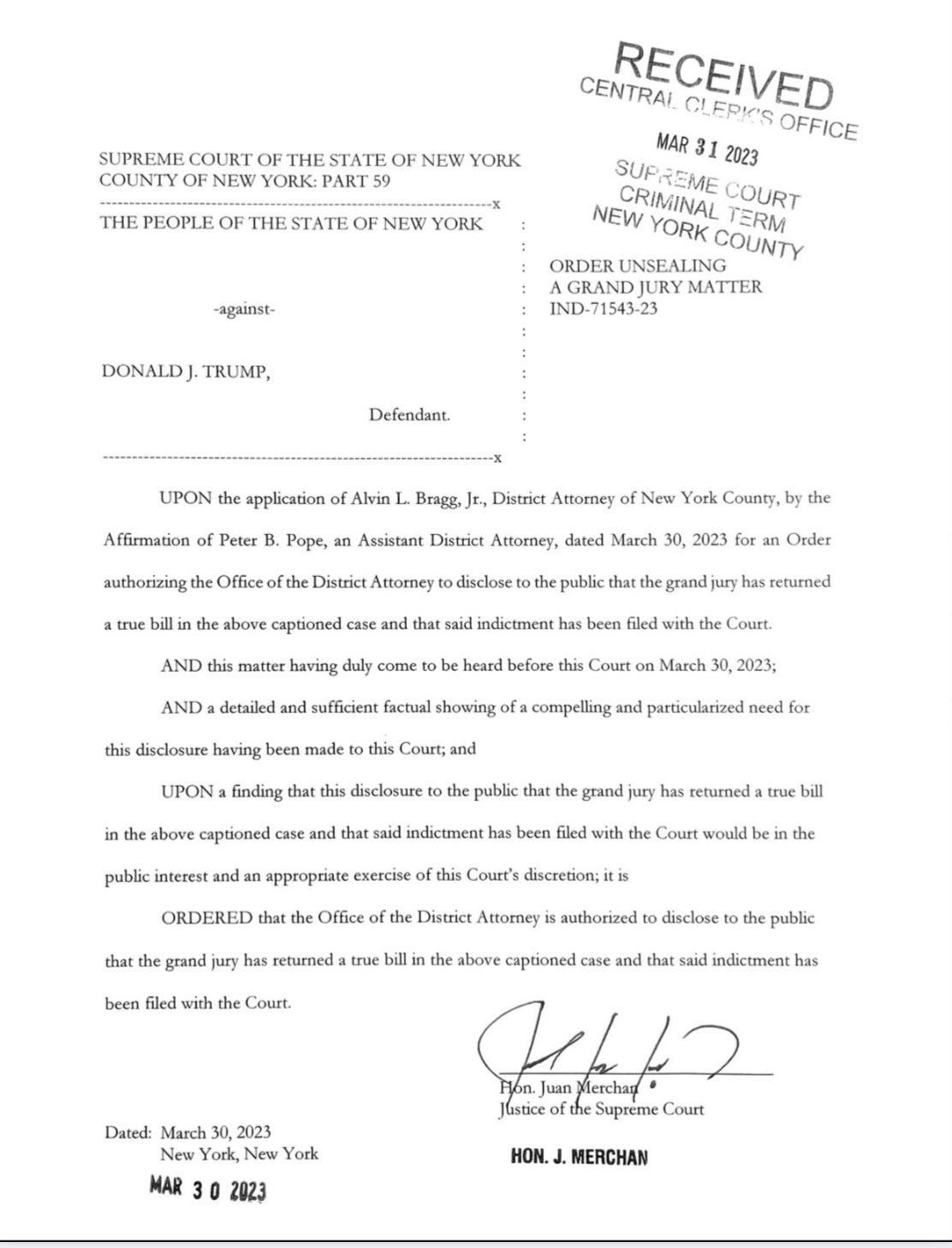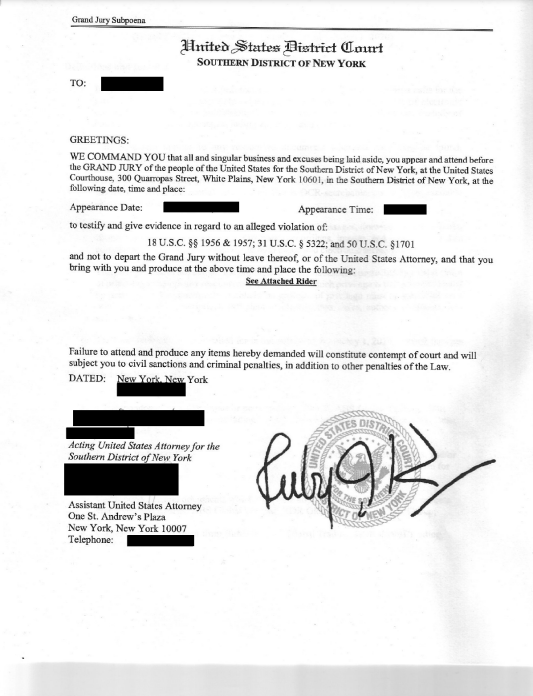Grand Jury Options and Their Implications
Indictment: The Typical Outcome
In the majority of cases, a grand jury will vote to indict the accused, indicating that there is sufficient evidence to warrant a trial. This action, known as voting a "true bill," sets the stage for the next step in the legal process.
Dismissal of Charges: No True Bill
If the grand jury concludes that there is insufficient evidence to support the charges, they will vote "no true bill." As a result, the court is required to dismiss the charges and release the accused. This outcome signifies the grand jury's belief that the prosecution has not met its burden of proof.
Pretermission: A Third Option
Under certain circumstances, the grand jury may choose to "pretermit" the matter under investigation entirely. This rare occurrence requires the concurrence of nine out of the twelve grand jurors and signifies that they have decided not to issue an indictment or a no true bill. In such cases, the charges are effectively dismissed without prejudice, meaning they can be refiled at a later date if new evidence emerges.


No comments :
Post a Comment